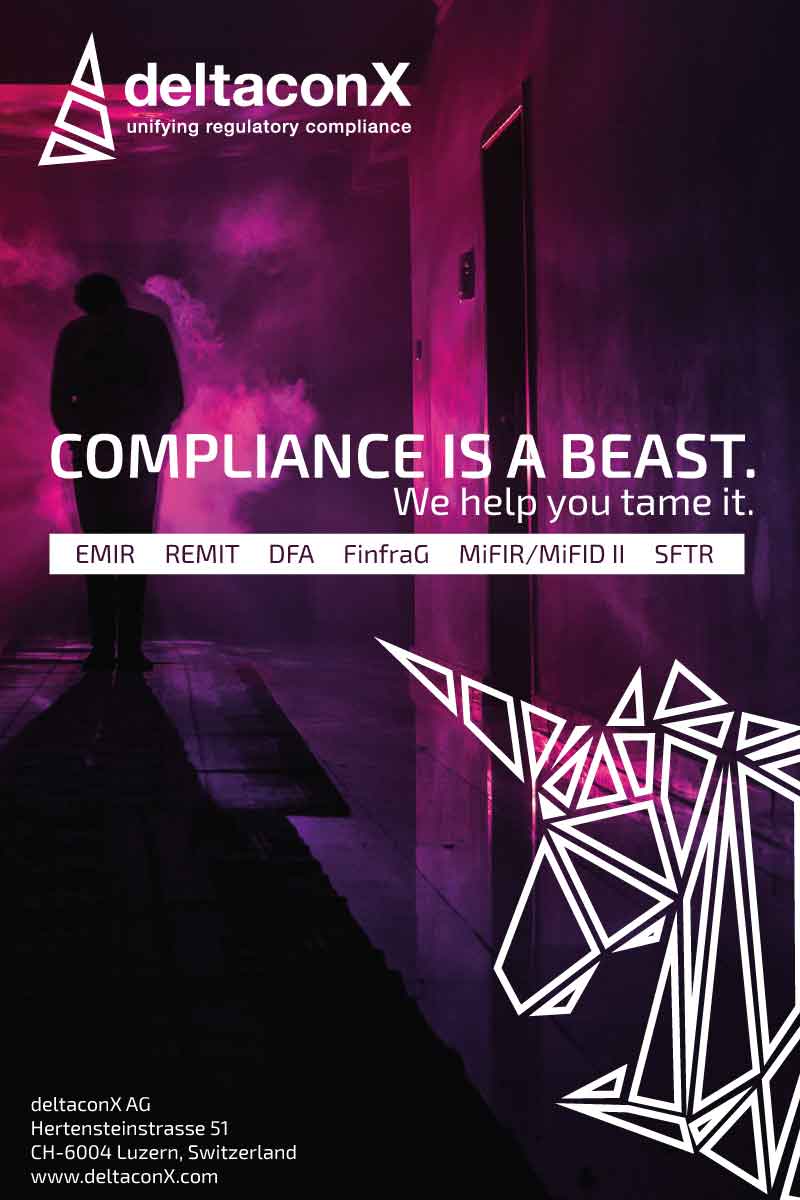Financial institutions are consolidating their reconciliation functions in to ‘centres of excellence’, according to a study by SunGard and Aite Group.
Two thirds of institutions surveyed said they have consolidated their reconciliation in this way, while 40 percent said that compliance and regulatory reporting were the main factors in driving change.
The average time to deliver new production reconciliations was found to be 64 days, meaning institutions are finding themselves with a backlog of requirements that they’re unable to clear fast enough.
The survey revealed a focus on reducing on-boarding periods – 60 percent of on-boarding time is taken up by requirement analysis and acceptance testing.
Of those firms that have consolidated in to a ‘centre of excellence’, 12 percent reported cost savings of more that 40 percent, and a majority saw at least a 20 percent saving.
Richard Chapman, head of strategy for SunGard’s reconciliation business, said: “While we’ve seen increased adoption of the [centre of excellence] model among major financial institutions, there is definitely room for growth and improvement.”
He added: “It’s no longer just about cost cutting; financial institutions with true [centres of excellence] for reconciliation are at a real strategic advantage.”
Virginie O’Shea, a senior analyst at Aite, said: “Regulatory reporting is expanding asset coverage and increasing the frequency of reconciliation. However, internal and system-to-system reconciliation now represents the next frontier for centres of excellence.”
Firms were also found to be using out-of-date technology, with 54 percent admitting that their reconciliation technology platform was at least five years old, and about a quarter saying theirs was more than nine years old.
About a third said that still have more than three in-house-built reconciliation tools, and another third said they have more than three vendor-supplied tools.
More than 80 percent said they are taking a tactical approach to at least part, if not all, of their reconciliations, while 68 percent cited real-time reconciliations support as important, as middle- and back-office functions are forced to move towards an intraday environment.
A vast majority of firms, 78 percent, said they are either planning a strategic reconciliations review, or have already conducted one. Many are planning further consolidation in the next year, with 64 percent saying this is the case.



